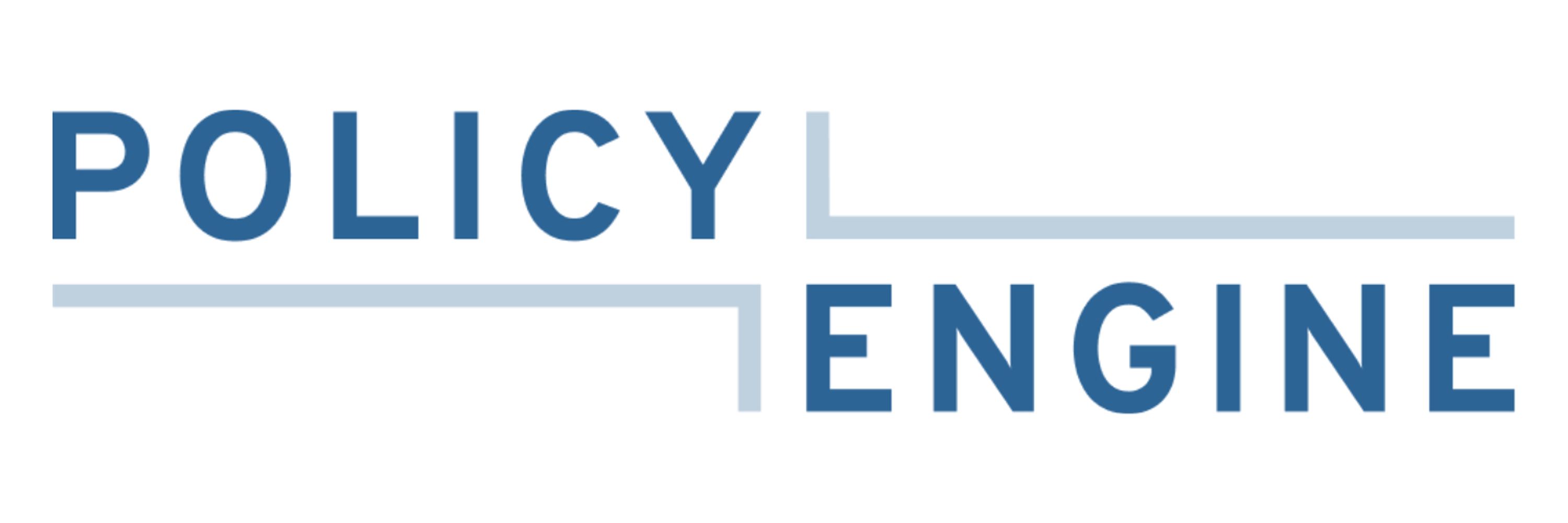
See the impact of the UK's most substantial budget in years: www.policyengine.org/uk/autumn-bu...
New interactive dashboard lets you explore how all 9 provisions interact—by income decile, constituency, and year through 2030-31.
Explore: policyengine.org/uk/autumn-budget-2025
See the impact of the UK's most substantial budget in years: www.policyengine.org/uk/autumn-bu...
/plugin install frontend-design@claude-code-plugins
"use the frontend-design plugin to redesign our newsletter while sticking to the policyengine design principles"


/plugin install frontend-design@claude-code-plugins
"use the frontend-design plugin to redesign our newsletter while sticking to the policyengine design principles"
PolicyEngine's tax models handle the full complexity. GiveCalc makes them accessible.
A free PolicyEngine calculator showing how charitable donations affect your taxes.
🇺🇸 Federal + state tax savings (all 50 states)
🇬🇧 UK Gift Aid relief (including Scotland)
Know the true cost of giving → givecalc.org
PolicyEngine's tax models handle the full complexity. GiveCalc makes them accessible.
While CBO is taking commendable steps by expanding its GitHub presence, Rauh & Jaros are right: full replicability should be the standard for them and JCT.
Open source builds trust and accuracy. www.wsj.com/opinion/the-...

While CBO is taking commendable steps by expanding its GitHub presence, Rauh & Jaros are right: full replicability should be the standard for them and JCT.
Open source builds trust and accuracy. www.wsj.com/opinion/the-...
* Reduce poverty by 42%
* Lower the Gini index by 8.1%
* Cost $685 billion




github.com/policyengine...
github.com/policyengine...
Three specialized agents handled data fetching, script writing, and report generation. Here's what we learned: policyengine.org/uk/research/...


Their platform helps families and case managers navigate public benefits and tax credits - powered by the @us.policyengine.org API for tax and benefit calculations. Excited to see tech and policy come together to expand access.

Their platform helps families and case managers navigate public benefits and tax credits - powered by the @us.policyengine.org API for tax and benefit calculations. Excited to see tech and policy come together to expand access.




Join us at our new home in downtown DC, the @opengovhub.bsky.social, for a celebratory happy hour on Oct 22: luma.com/lnrzph2h
Join us at our new home in downtown DC, the @opengovhub.bsky.social, for a celebratory happy hour on Oct 22: luma.com/lnrzph2h
An extreme case: A 64-year-old in Fairbanks, AK would gain $655 in 2026 if they earn $61k, but gain $26,861 if they earn $62k.
Try it here: policyengine.org/us/aca-calc

An extreme case: A 64-year-old in Fairbanks, AK would gain $655 in 2026 if they earn $61k, but gain $26,861 if they earn $62k.
Try it here: policyengine.org/us/aca-calc
Thursday 6-8pm at The Sherlock Holmes (Northumberland St, near Embankment)
Light bites + first round on PolicyEngine. Come meet economists & policy analysts working on UK tax/benefits/public finance.
luma.com/oz1qt2ec

pn3policy.org/policy-impac...

pn3policy.org/policy-impac...
@policyengine.org uses Claude Code to democratize economic policy analysis. Watch here: youtu.be/4apWdJR9-iY?...

@policyengine.org uses Claude Code to democratize economic policy analysis. Watch here: youtu.be/4apWdJR9-iY?...
See you there: eventbrite.co.uk/e/policyengi...
See you there: eventbrite.co.uk/e/policyengi...
You could run a bunching study on this synthetic data! (And we will.)



You could run a bunching study on this synthetic data! (And we will.)
Honored that NBER trusts us to ensure TAXSIM—the foundation of tax research for decades—continues serving researchers while evolving for modern needs.
have signed an MOU to ensure researchers worldwide continue accessing critical tax microsimulation tools.
We're building an open-source TAXSIM emulator, combining NBER's 50+ years of tax expertise with modern open-source infrastructure.

Honored that NBER trusts us to ensure TAXSIM—the foundation of tax research for decades—continues serving researchers while evolving for modern needs.
substack.com/home/post/p-...

substack.com/home/post/p-...


